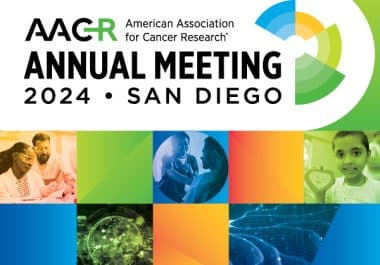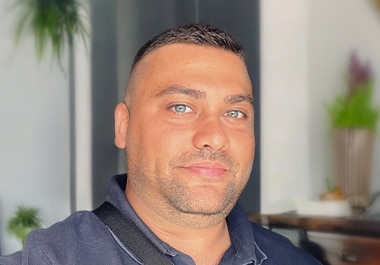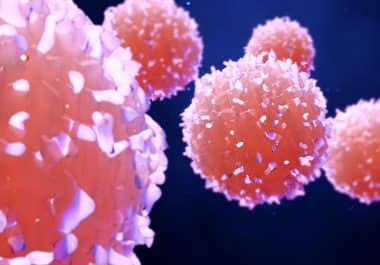
AACR Grantees Share their Findings
We are extremely proud of our past and present grantees who presented and published their findings this past year. Their accomplishments have been made possible, thanks to the support of the AACR and its funding partners. JANUARY Tumor development...








